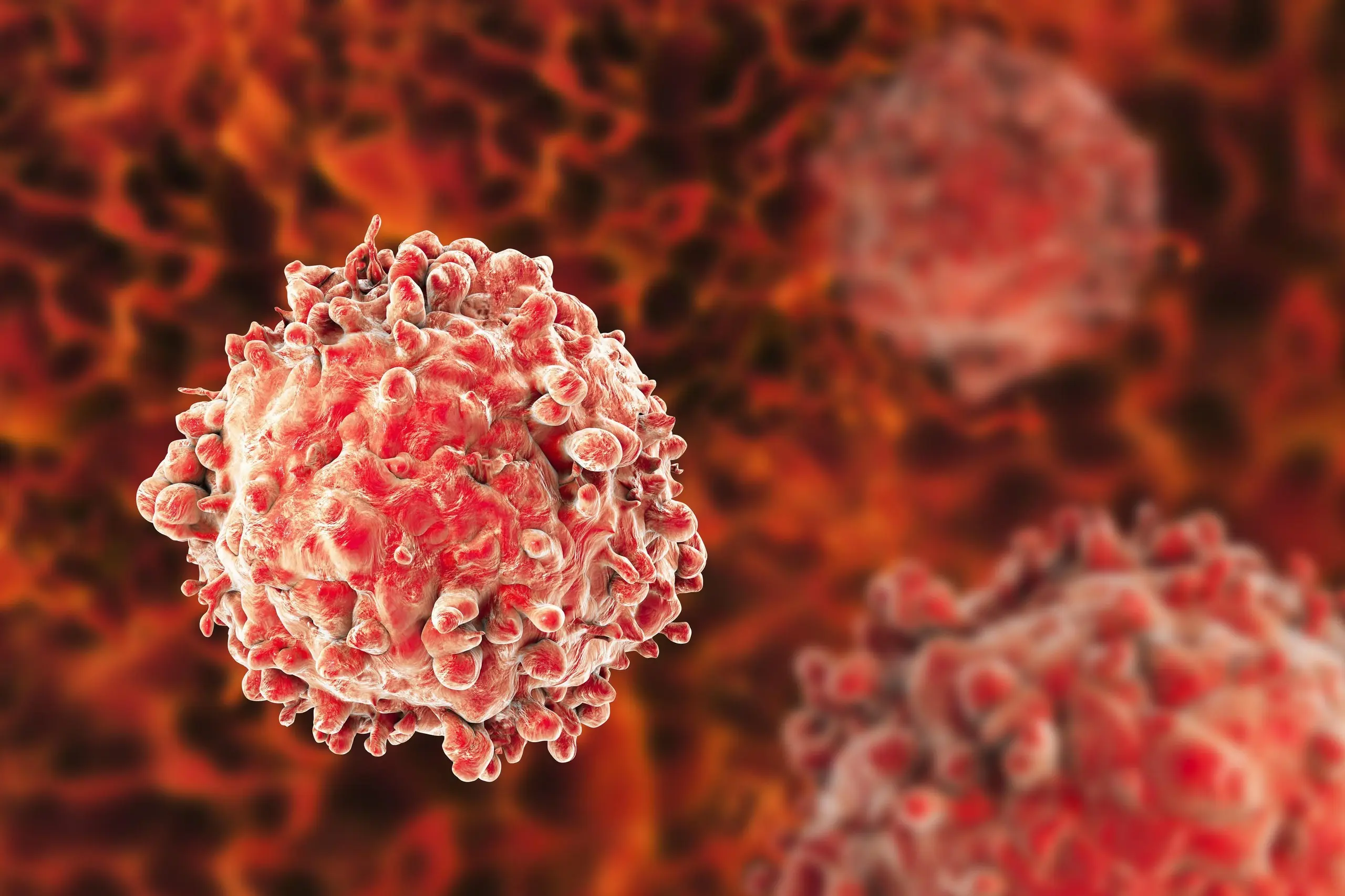
Doctors Issue Urgent Warning: Weight-Loss Jab Users Risk Malnutrition and Muscle Loss Amid Diet Concerns
Doctors Issue Urgent Warning: Weight-Loss Jab Users Risk Malnutrition and Muscle Loss Amid Diet Concerns
London, UK – A concerning trend has emerged among users of popular weight-loss medications like Mounjaro and Wegovy: hundreds are reportedly struggling to maintain healthy eating habits, leading to insufficient intake of vital fruits, vegetables, and protein. This alarming discovery has prompted a leading British medical expert to issue a critical warning about the long-term health implications.
Weight loss drugs, categorized as GLP-1 medications, have surged in popularity, celebrated for their effectiveness in supporting significant weight reduction. However, new research from Asda Online Doctor (powered by ZAVA), based on a survey of 500 UK adults using these injections, reveals a worrying disconnect between weight loss and nutritional well-being.

The Alarming Dietary Truth: Processed Foods Over Nutrients
The Department of Health and Human Services defines a balanced diet as one that provides the body with necessary nutrients for proper function, emphasizing fresh fruits, vegetables, whole grains, legumes, nuts, and lean proteins. Yet, the survey unearthed a different reality for many on weight-loss jabs:
-
37% of users expressed worry about not getting enough nutrients due to reduced appetite, a known effect of these medications that decreases hunger and preference for high-fat foods.
-
21% admitted they weren't consuming enough fruit and vegetables.
-
One in five (20%) weren't eating enough protein to maintain muscle mass.
-
A staggering 52% confessed to skipping meals several times per week, with nearly one in five missing meals daily.
-
31% were unsure what they should be eating while on the medication, and 34% felt they'd be more confident with tailored, expert-approved dietary advice.
Instead of nutrient-dense options, the survey found users gravitating towards less healthy choices: 24% reached for processed snacks, 14% opted for desserts, and 13% indulged in fried foods.
Doctor's Crucial Advice: Prioritize Nutrient-Dense Meals
In response to these concerning statistics, Dr. Crystal Wyllie, a GP at Asda Online Doctor, issued an urgent warning to current and prospective weight-loss drug users. "Weight-loss medication can be transformative, but maintaining proper nutrition with a reduced appetite is crucial for long-term health," she emphasized.
"Many patients struggle to eat enough protein and essential nutrients when their hunger signals change," Dr. Wyllie added. "It's important to focus on nutrient-dense, smaller meals and speak to your healthcare provider about developing an eating plan that works with your medication, not against it."
Asda Online Doctor has launched an online recipe book featuring 12 calorie-controlled, nutrient-rich recipes, including options like Lancashire lamb hotpot, rarebit cauliflower steaks, aubergine curry, and chicken shawarma, to help users make healthier choices.

Beyond Diet: Other Noteworthy Side Effects of GLP-1 Jabs
While dietary concerns are prominent, users and experts are also identifying other unexpected side effects of GLP-1 weight-loss medications:
-
Muscle Mass Loss: Dr. Annette Bosworth has raised alarms that Ozempic users, while losing weight, may be losing muscle mass at a significantly higher rate than is healthy. This "starvation weight loss" can compromise the immune system, bone density, and potentially longevity, especially in older patients who struggle to regain lost muscle. Studies confirm a substantial loss of lean mass alongside fat, with some experts estimating that for every ten pounds lost, four may come from non-fat sources like muscle and bone. Novo Nordisk, manufacturers of Wegovy, state that clinical trials showed greater fat mass reduction than lean body mass reduction, but acknowledge that muscle mass was not specifically studied as a primary outcome.
-
Altered Sense of Smell (and Taste): A new and rather peculiar side effect being reported is a change in the sense of smell. Experts hypothesize a connection between GLP-1 drugs and sensory changes, particularly taste and smell. The same hormone mimicked by these drugs, which regulates blood sugar and appetite, also has receptors in brain areas that process smell and taste. This can either decrease or increase sensory intensity. Some users report a heightened sensitivity to sweet flavors or finding fatty/processed foods unappealing, while others, like one Ozempic user, now find their favorite candy tastes "disgusting" or "like plastic." Dr. Priya Verma suggests this could be a neurochemical shift, where reduced sugar intake leads to a craving for "sweeter scents" to satisfy appetite receptors. This phenomenon is even being linked to a surge in the popularity of "gourmand" or dessert-scented fragrances.
-
Gastrointestinal Issues: Common side effects listed by WebMD include indigestion, bloating, upper belly pain, blood sugar fluctuations, and constipation. For those experiencing gastrointestinal distress, medical advice includes eating small portions slowly, avoiding lying down for at least two hours post-meal, and light exercise after eating.
-
Potential Link to Dementia and Stroke Risk Reduction: In a surprising positive development, a new study from Taiwan involving 60,000 people with type 2 diabetes and obesity suggests GLP-1 agonist drugs like Wegovy and Mounjaro could reduce the risk of dementia by 37% and stroke by 19% over seven years, compared to anti-diabetic medication. While promising, researchers emphasize that "further work is needed, including randomized clinical trials," to confirm these neuroprotective and cerebrovascular benefits, especially in populations without diabetes or obesity.
-
"Ozempic Babies" and Contraception Concerns: A significant warning has been issued to women of childbearing age taking GLP-1 medications. The UK's Medicines and Healthcare Products Regulatory Agency (MHRA) has received over 40 reports of unexpected pregnancies despite women using birth control, leading to the term "Ozempic babies." Mounjaro, in particular, may reduce the effectiveness of oral contraceptive pills, especially in overweight individuals. Authorities advise women on the pill to use barrier methods (e.g., condoms) during the first four weeks of treatment and after any dose increase. Due to limited data on safety during pregnancy, these drugs are not recommended for use during conception, pregnancy, or breastfeeding, and women are advised to wait up to two months after stopping the injections before attempting to conceive.
As the use of these powerful weight-loss medications continues to grow, ongoing research and user experiences are providing crucial insights into their full spectrum of effects, underscoring the importance of close medical supervision and patient education.
News in the same category


Your Lymphatic System: A Hidden Key to Lifelong Health

You Should Never Ignore These 9 Things Your Fingernails Reveal About Your Health

6 Foods That Are Not Compatible with Tumors, Remember to Eat Them Regularly

Before Cancer Knocks: 4 Signs on Your Hands and Feet Not to Be Ignored

Doctors Warn: 4 Food Storage Habits in the Refrigerator That Can Cause Cancer

Doctors Said It Was Gallstones—But It Was Stage Four Cancer

20-Year-Old Teacher Dies from Liver Cancer: Doctor Warns That Odor in 3 Body Areas Could Signal a Failing Liver

Young Woman Dies at 27 from Late-Stage Thyroid Cancer: Doctors Say It's Linked to a Pre-Bedtime Habit

A 43-Year-Old Female Teacher Diagnosed with Two Types of Cancer at Once: Warning Signs Ignored for 6 Months

Beyond the Fruit: Uncovering the Science-Backed Health Benefits of Bananas and Their Peels

Life-Saving Insights: 10 Tips to Lower Your Stroke Risk & Recognize Early Warning Signs

The Power of Water Fasting: Regenerate Your Immune System, Slow Aging, and Boost Health

Nurse at palliative care reveals the top 5 regrets of people right before they died

Beyond Weight Loss: Ozempic Users Report Surprising Mental Health and Taste Bud Changes

Woman Declared Dead for 27 Minutes Scribbles Haunting Message Upon "Return to Life"

Unlock Health: Surprising Benefits of Drinking Baking Soda Water

50-Year-Old Man Dies from Destroyed Liver: '2 Pains and 2 Itches' Appearing Abnormally Indicate Liver Disease

Breakthrough: Doctors Have Found a Way to Transform Cancer Cells Back to Normal
News Post

Waking Up to Shoulder Pain: Causes, Solutions, and How to Sleep Soundly

Your Lymphatic System: A Hidden Key to Lifelong Health

Here’s Why You Should Always Leave A Coin In The Freezer Before You Leave The House

10 DIY Coffee Face Packs for Glowing, Smooth Skin – Harness the Power of Coffee in Your Skincare Routine
By incorporating coffee into your beauty routine, you can tackle various skin concerns like wrinkles, dark spots, and dullness while promoting smoother, firmer, and more radiant skin.

Three robbers approach a 77-year-old granny at the ATM; biggest mistake of their lives

You Should Never Ignore These 9 Things Your Fingernails Reveal About Your Health

6 Foods That Are Not Compatible with Tumors, Remember to Eat Them Regularly

Before Cancer Knocks: 4 Signs on Your Hands and Feet Not to Be Ignored

Doctors Warn: 4 Food Storage Habits in the Refrigerator That Can Cause Cancer

5 Stories of Husbands Who Hid Life-Changing Secrets – Until They Couldn't
Prepare to delve into shocking stories about betrayal in marriages. Betrayals that include husbands who lie about not getting paternity leave, those who conspire with their mothers to steal from their wives, and even husbands who try to sell their wives'

A Caretaker’s Love Rewarded: How an Elderly Woman’s Final Act of Kindness Changed My Life Forever
A caretaker’s selfless love for an elderly woman is rewarded in the most unexpected way. Read this emotional story of family, forgiveness, and the true meaning of love.

MY IN-LAWS DEMANDED OUR LUXURY VILLA ON OUR FAMILY HONEYMOON – MY HUSBAND GAVE ME THE GREEN LIGHT TO SET THEM STRAIGHT
A luxurious honeymoon turned into a nightmare when my in-laws demanded our villa. See how I took a stand and gave them a lesson they wouldn't forget, with my husband's unexpected support!

Doctors Said It Was Gallstones—But It Was Stage Four Cancer

"She Caught Her Husband with Another Woman — What Veronika Did Next Will Sh0ck You"
Irina has spent years quietly tolerating the intrusive, critical behavior of her mother-in-law and sister-in-law during their weekly family gatherings. But after years of putting up with their disrespect, she reaches her breaking point. One evening, when

After Mom’s Death, Son Finds a Childhood Photo with Her and a Boy Who Looks Just Like Him — The Heartwarming Discovery
After his mother’s passing, Ben Dixon visits her home in Texas to handle her belongings and prepare the property for sale. While sorting through old photographs, he stumbles upon one showing his mother with a boy who looks strikingly like him. This disc

She Stayed Silent for a Year, But One Evening, She Took a Stand Against Her Husband’s Relatives — Here's What Happened!
Irina has quietly endured the weekly disruptions caused by her husband's family, always putting her own needs aside to cater to them. But after a year of criticism, unwarranted interference, and constant disrespect, she finally finds the courage to stand

Entitled Parents Insulted My Grandma at Her Restaurant — What the Customers Did Next Left Them Speechless!
In a small, family-run restaurant, a quiet afternoon is interrupted by a rude group of entitled tourists who insult the owner, Aurora's grandmother. What starts as an uncomfortable encounter quickly turns into a powerful lesson in grace and dignity. With

My husband left me for another woman, abandoning me with four children and a mountain of debt. But soon, fate gave me a gift I never even dared to dream of
Anya’s life is turned upside down when her husband Sergey abandons her and their children for another woman. Struggling with overwhelming debt and the responsibility of four children, Anya fights to keep her family afloat. Amidst the challenges, Anya di

My Son’s Love for Baking Sparked a Family War — What My Mother Did Will Leave You Stunned
A father stands up to his mother when she tries to crush his son's dream of becoming a baker. Despite her disapproval and harsh words, he defends his son's passion for baking, showing him unconditional love and support. When his mother goes too far by thr